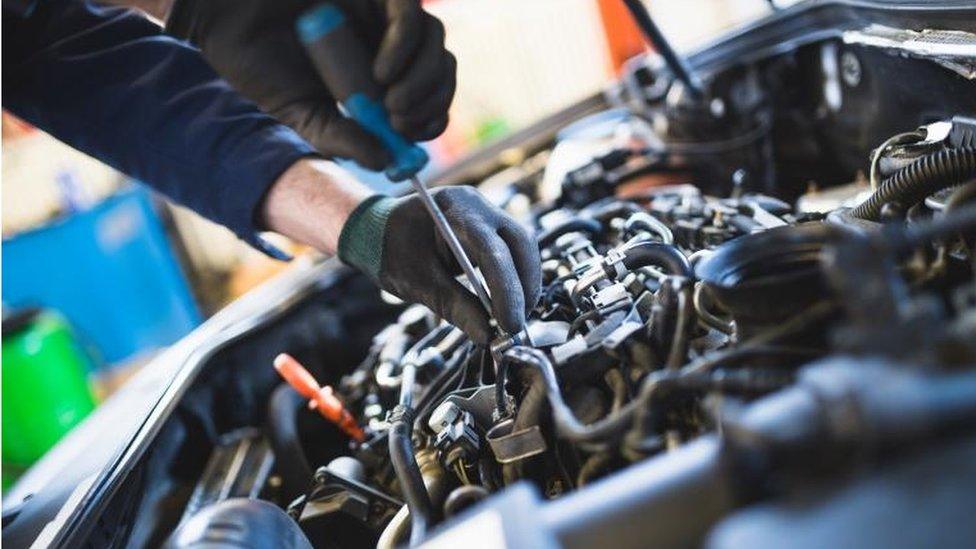Petrol prices in record monthly rise, says RAC
- Published
- comments
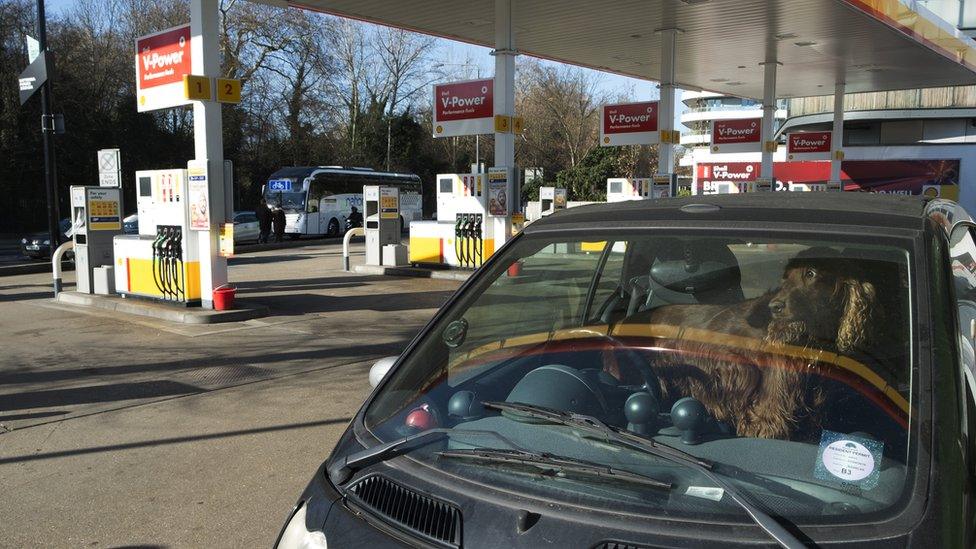
Petrol prices rose by 6p a litre in May - the biggest monthly increase since the RAC began tracking prices 18 years ago.
Average petrol prices hit 129.4p a litre, while average diesel prices also rose by 6p to 132.3p a litre.
The RAC said a "punitive combination" of higher crude oil prices and a weaker pound was to blame for the increases.
It pointed out that oil prices broke through the $80-a-barrel mark twice in May - a three-and-a-half year high.
As well as the higher global market price of crude, the pound's current weakness against the US dollar also makes petrol more expensive as oil is traded in dollars.
The RAC said the average prices of both petrol and diesel had risen every single day since 22 April, adding 8p a litre in the process. The motoring body said this was the longest sustained price increase since March 2015.

Analysis:
By Kamal Ahmed, BBC economics editor
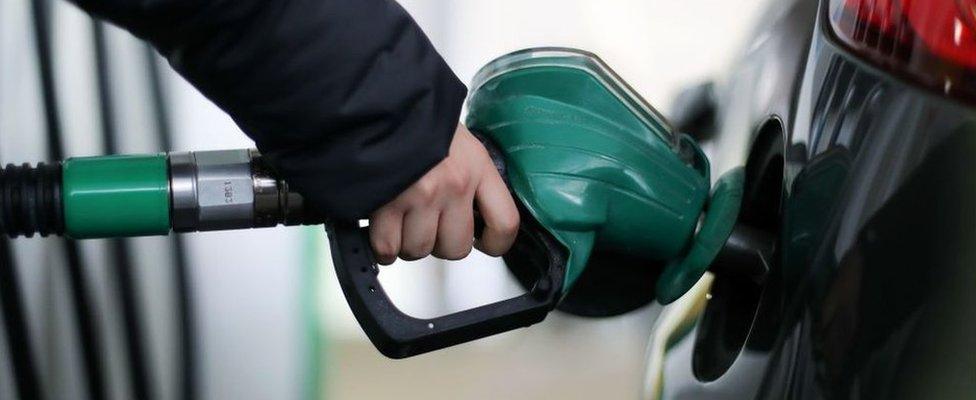
Reports of the death of inflation may have been premature.
Today's figures on the price of filling up the family car reveal that upward pressure on prices is still very much with us.
The re-imposition of US sanctions on Iran - the world's fifth largest oil producer - saw the oil price rise by 3% in May. At the same time, sterling weakened by 2%, making oil imports (priced in dollars) more expensive.
For consumers other prices are also rising - higher energy bills, for example, have just started biting. And the sugar tax will add to the cost of many soft drinks.
Two economic indicators tend to weigh on the confidence of many consumers. The price of fuel and the price of housing.
The first is going up and the second is coming down.
Which will raise a few alarm bells, not just among economists, but among politicians as well.

'Feeling the pinch'
RAC fuel spokesman Simon Williams described May as "a hellish month for motorists".
"The rising oil price together with a weaker pound is a punitive combination for anyone who drives regularly," he said.
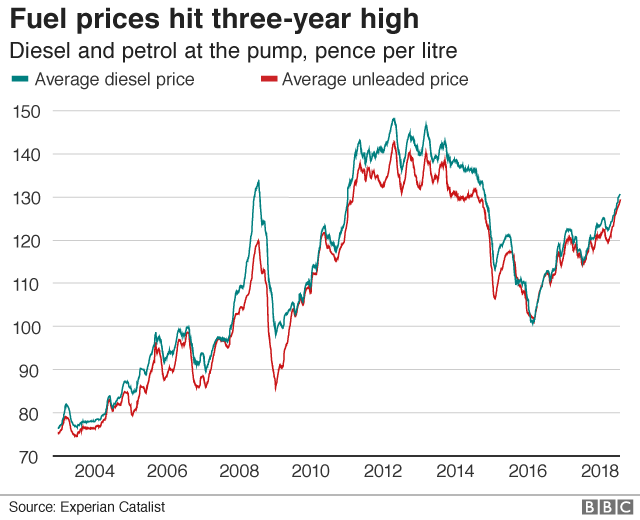
"For many people, there is little alternative to the car for the majority of journeys they have to make, so it is therefore very difficult to avoid feeling the pinch of rising pump prices."
Mr Williams said that the oil price had since cooled a little, suggesting that the constant increases in the cost of petrol might have stopped for the time being.


- Published22 May 2018
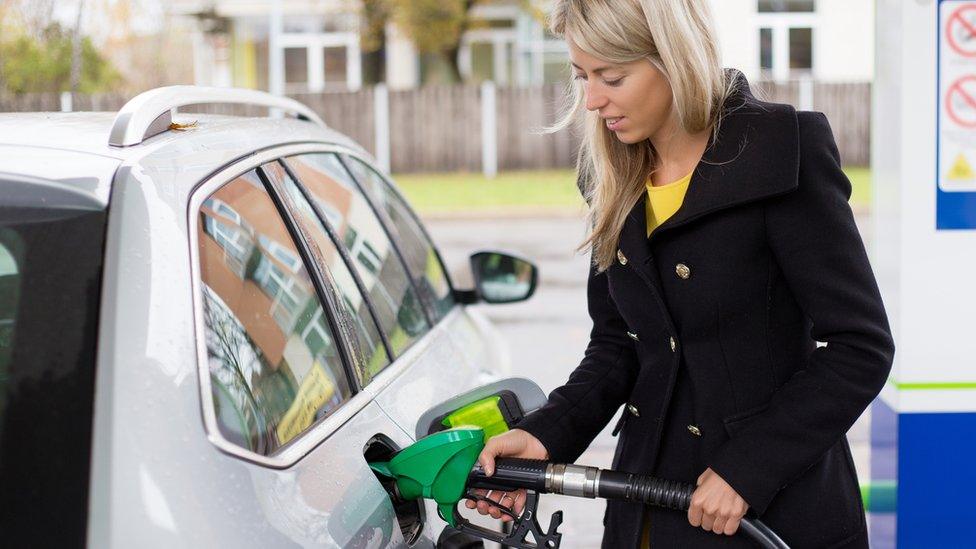
- Published30 March 2018
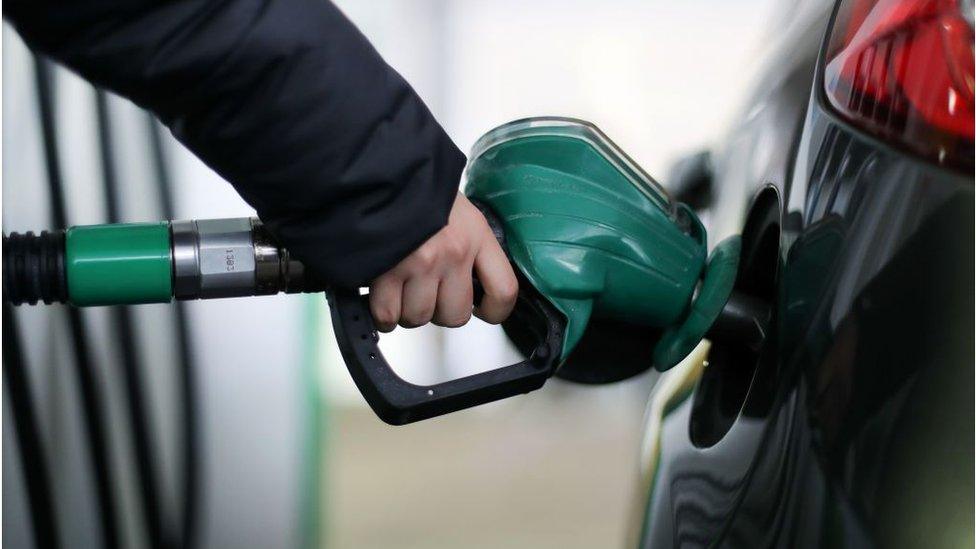
- Published23 December 2019
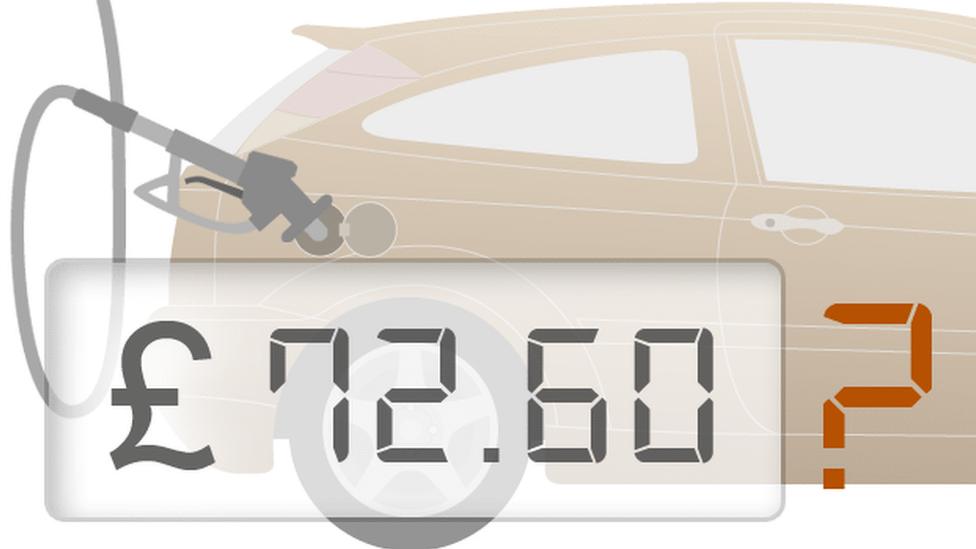
- Published21 May 2018
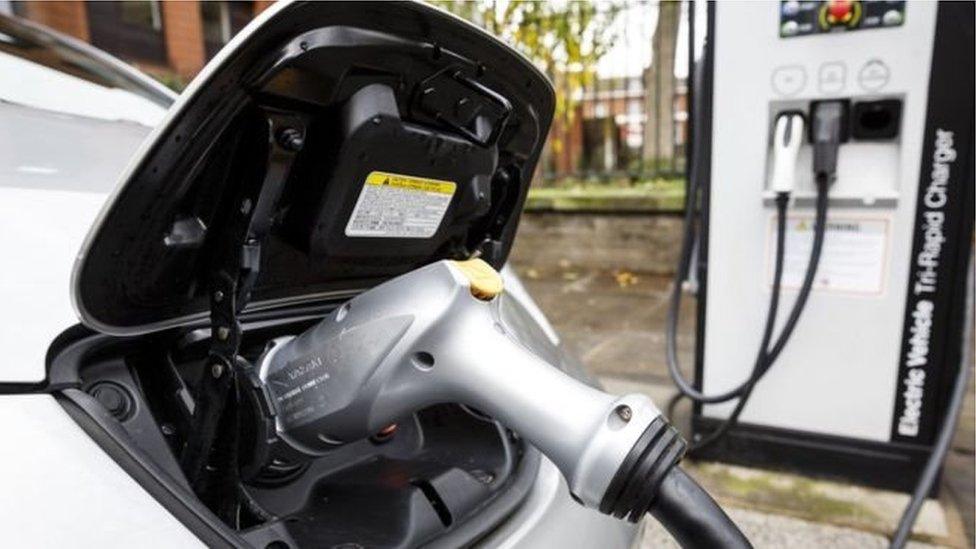
- Published20 May 2018
